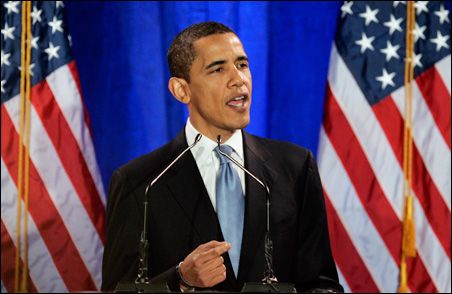A great musical can make an audience’s spirit soar and get their feet tapping right in the theater, creating fantastical memories that can last a lifetime. With no effort at all, most people can conjure up memories of Gene Kelly dancing with an umbrella in “Singing in the Rain,” of Julie Andrews running through mountain fields at the beginning of “The Sound of Music,” or Frank Sinatra and Kelly literally bringing New York City traffic to a halt while dancing in the streets for “On the Town.”

Sadly, the new musical “Nine” – despite having a stellar cast of multiple Oscar winners including Daniel Day-Lewis, Marion Cotillard, Penelope Cruz and Nicole Kidman – won’t be burning itself into film fans’ collective memory. Despite an $80 million budget, spectacular Italian scenery and zestily performed choreography (including an unbelievably sexy number by Cruz – ok, that one might stick in the brain), the film is packed with characters, situations and song topics that are unrelatable to most people and often downright unlikable.
Day-Lewis is the central figure around whom “Nine” revolves, playing an Italian film director named Guido Contini who’s in the midst of a personal and creative crisis with ten days to go before shooting starts on his new film. He hasn’t written one word of his script down, and is creatively paralyzed by the fact his last two films have bombed. When faced with a high-pressure press conference in which reporters start to catch on that he is devoid of ideas and headed for disaster, Contini sneaks out and flees to a getaway hotel, where he sorts through his crisis via real and imagined encounters with the numerous women – from his mother (Sophia Loren) to various lovers (Cruz and Fergie of the Black Eyed Peas), his wife (Cotillard) and muse (Kidman) – who have had a profound effect on his life.
“Nine” is based on the life of the legendary director Federico Fellini, whose semi-autobiographical and surreal film “8 1/2” offered a far more fascinating and vibrant look into the mix of genius and madness at the heart of any great artist. “Nine” itself began as a smash-hit, Tony Award-winning Broadway play in 1982 and has been a dream project for countless Hollywood stars and producers in the nearly three decades since.
It’s easy to see why Hollywood types would be so enraptured by the play’s concept, as it’s centered on spoiled, whiny people who have the world on a string and still can’t find happiness – equating their creative blocks with epic tragedy. I’ve dreamed of working in Hollywood my entire life and I still couldn’t stand Guido’s incessant moaning about his career, so I can’t even imagine what people who just want to hear some fun songs and don’t have any particular fixation on show business will make of this. I would give anything to see this with an audience of Texans or Arkansans among whom I spent my formative years, because they’ll likely greet these characters with catcalls and hilarious commentary if they bother to attend at all.
The musical numbers in “Nine” are mostly lacking in magic as well. When the big showstopping number is “Cinema Italiano” and involves an admittedly smokin’ hot Kate Hudson incessantly singing “Guido, Guido, Guido” about 50 times at each chorus, we’re not exactly talking tunes that will stand the test of time, like “My Favorite Things” in “The Sound of Music.”
Director Rob Marshall, who brought the movie musical back to life after decades of neglect with his Best Picture-winning “Chicago” in 2002, also has a weakness in both films for making too many numbers feel artificial and stage-bound, rather than organically blending into the real world the way the Von Trapp family climbed real mountains or “Mary Poppins” danced on rooftops (even if they were fake rooftops, at least they weren’t blatantly bare stages).
“Nine” has several numbers that take place on Contini’s main soundstage, and no matter how hard the dancers are working it, the false sets are tiresome and detract from the magic. Marshall also hurts the potentially transcendent qualities of the songs by cutting in and out between the characters singing and dancing in their imaginations or subconscious states, and the often-drab real-world scenarios they’re in. For instance, Guido has one of the few relatable songs in the film with his own opening number about his lifelong desire for artistic greatness, but his terrific vocals and dancing prowess are constantly broken up by shots of him looking anguished at his press conference.
Ultimately, “Nine” – which opens widely on Christmas Day – is like an elaborately packaged fruitcake brought to a holiday dinner. Glossy on the surface with impressive wrapping, it might appear to be something worth tasting, but take the shiny surface away and you’re left with something that nobody will truly savor.
COMMENTS
Please let us know if you're having issues with commenting.